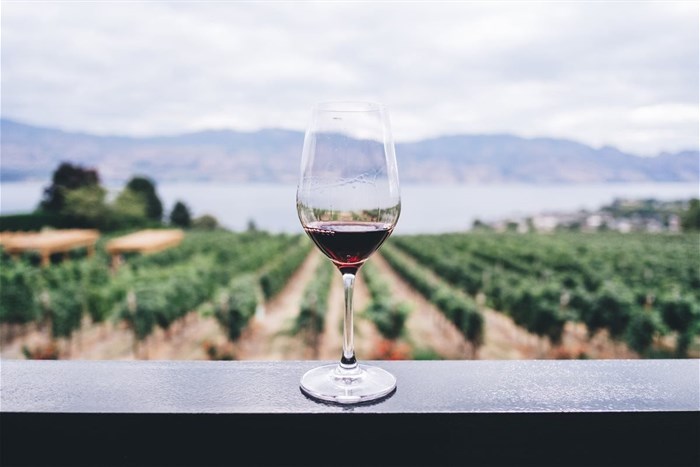In anticipation of the upcoming State of the Nation Address (Sona), South Africa Wine is drawing attention to critical issues that demand prompt consideration to enhance the industry. These priorities have been formally presented to government departments, and if addressed proactively, they have the potential to significantly contribute to the growth of the industry and the overall well-being of the people who work and live in this industry.
With its strong agricultural footprint and extensive value chain, the wine and brandy industry contributes R56bn to the GDP and creates 270,000 jobs (1,8% of national employment). However, the lack of profitability at production and winery levels needs to be urgently addressed through targeted interventions underpinned by a conducive policy to ensure reinvestment and instil confidence.
National priorities for industry growth
National priorities include excise tax alignment with inflation, investment in law enforcement (police and policing), infrastructure development, alternative power supply, agricultural development support, solar and wind alternative incentives, and water infrastructure prioritisation.
"We strongly urge government to ensure excise taxes remain aligned with inflation rates and linked to the incidence alcohol policy framework set by National Treasury, thus avoiding undue burden on our industry and producers," says Rico Basson, South Africa Wine CEO. The wine and brandy sector needs a balanced approach to taxation to ensure economic stability and foster fairness in the system."
Enhancing investment in law enforcement, particularly the police force, and empowering the South African Revenue Service (Sars) to combat illicit trade, which has more than doubled over the past decade, are imperative steps towards fostering a safe and secure society. Strengthening the capabilities of South Africa's law enforcement agencies is fundamental to maintaining the existing rule of law.
Infrastructure development for economic growth
Recognising the vital role of infrastructure for economic growth is also of utmost importance. Urgent attention and increased investment in ports and railways are needed, and strategic partnerships between the public and private sectors can create an environment conducive to economic development.
The agricultural sector has been the shining star in contributing to the South African economy over the past few quarters. Implementing the Agricultural and Agro Processing Masterplan (AAMP) and providing funding for priority actions remain important to ensure coordination and investment for the agricultural sector. Priority themes include improved export market access by addressing tariff and non-tariff measures, research and development and financial support for development programmes to enable inclusive growth.
Transition to sustainable energy
Acknowledging the need for a transition to alternative power sources is vital. Introducing and fast-tracking incentives and tax rebates for individuals and businesses investing in sustainable energy solutions on a larger scale would go a long way. This also aligns with global sustainability goals, contributing to energy independence.
Addressing water-related challenges requires a comprehensive strategy beyond constructing dams and related infrastructure. Investment in new pipelines and building capacity for the future to safeguard the country's water resources and ensure sustainable development is non-negotiable.
"South Africa Wine would like to urge government to prioritise these important issues in the upcoming Sona. We firmly believe decisive action in these areas will pave the way for a more resilient, sustainable, and prosperous future for the South African Wine industry and those who work and live here," Basson concludes.






























